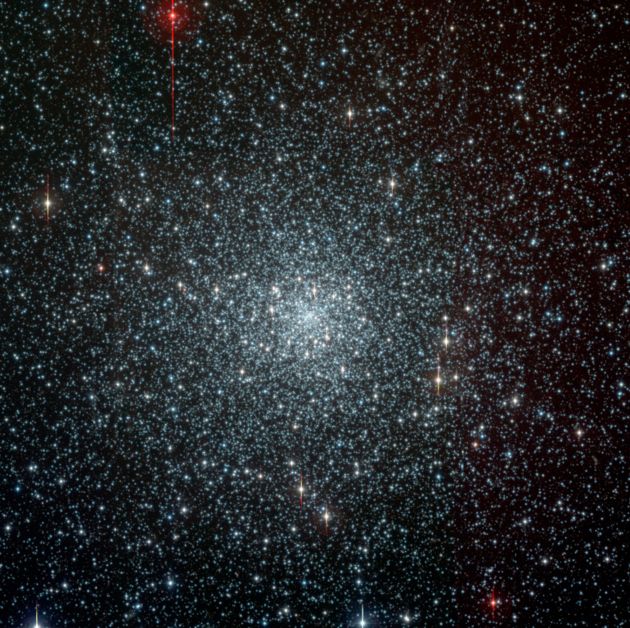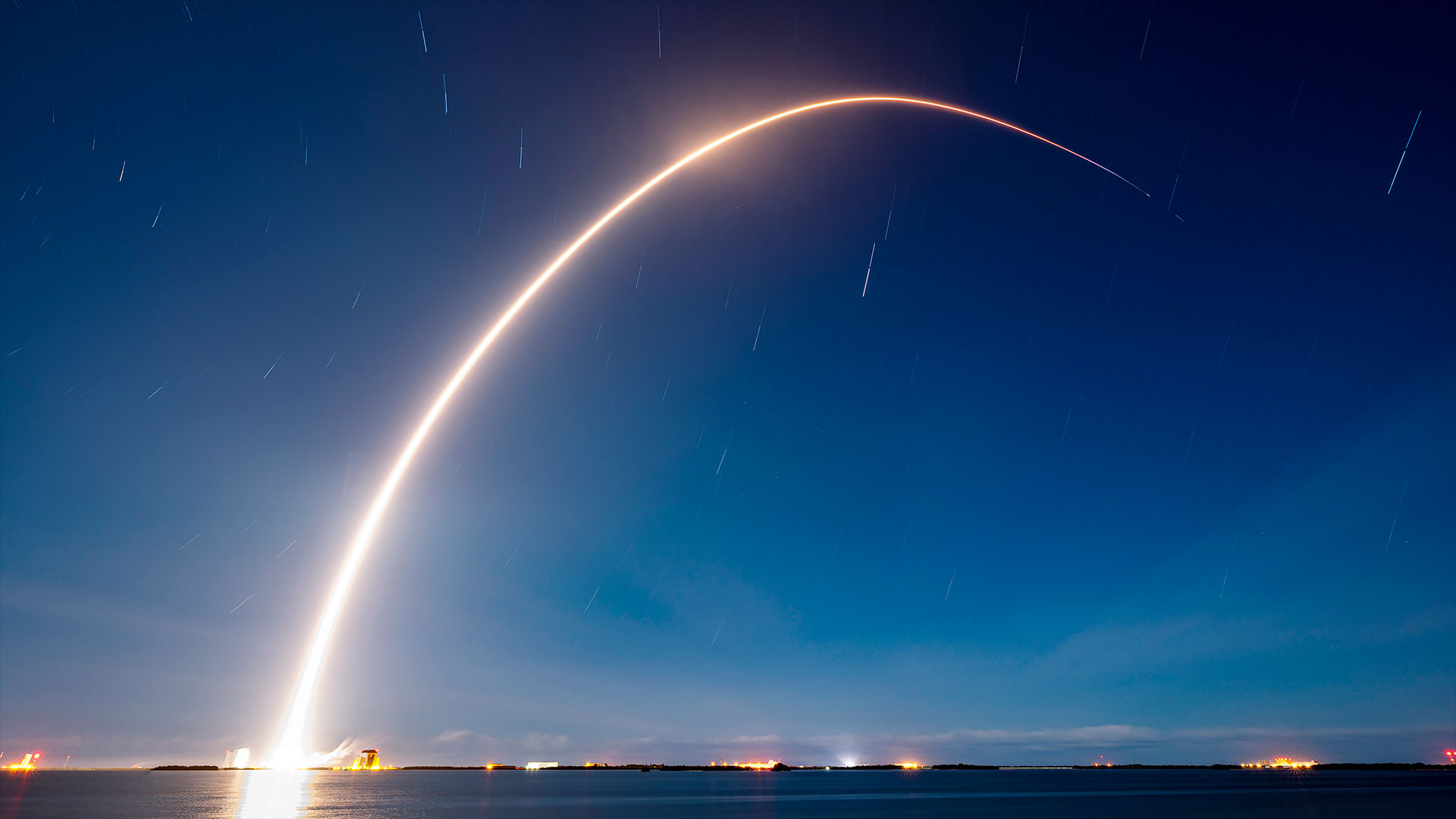Milky Way's Age Narrowed Down

A new estimate of the age of our Milky Way Galaxy suggests it was an original member of the universe, having been born just about as early on as was possible.
The overall universe is about 13.7 billion years old. That figure, after decades of wildly varying estimates, was pinned down last year to within 200 million years of accuracy. Scientists used space-based observations of a microwave background radiation that had been unleashed as a dense fog cleared, shortly after the universe's formation.
The background radiation also suggested that the first stars formed about 200 million years after the Big Bang, theorists say, just as the fog lifted on the initial dark ages.
Astronomers have known that the Milky Way is among the oldest of galaxies. The new observations suggest it was indeed one of the first to get under construction. The study puts its age at 13.6 billion years, give or take 800 million years. Further studies will be needed to reduce that margin of error.
A key to generating the new number was knowledge that the earliest stars formed almost entirely from hydrogen. They lived short lives and exploded violently, spewing new and heavier elements into their surroundings.
The new age estimate is based on measurements of the element beryllium in two stars within a globular cluster of stars called NGC 6397. The amount of Beryllium, one of the lightest elements, increased with time and serves as a sort of "cosmic clock," according to the team, led by Luca Pasquini of the European Southern Observatory.
The stars were found to be roughly 13.4 billion years old. The researchers added to that an interval of about 200 million years they say it took for previous generations of stars in the Milky Way to form, explode, and seed the fledgling galaxy with the goods necessary to forge the types of stars found in NGC 6397.
Breaking space news, the latest updates on rocket launches, skywatching events and more!
The observations were made with the European Southern Observatory's Very Large Telescope in Chile. The results will be detailed in the journal Astronomy & Astrophysics.
Previously, three methods had been used to arrive at similar age estimates with varying degrees of precision. According to NASA:
Radioactive dating of the elements Thorium 232 and Uranium 238 in one star put the galaxy at 14 billion years old, plus or minus 2.4 billion years. Examinations of the cooling rate of stellar corpses called white dwarfs yielded an age of 12.7 billion years, give or take 700 million years. And a look at when stars within clusters stopped shining in their primary "main sequence" phase set the age at 12.6 billion years, but with a possible range from 10.4 billion to 16 billion years.
- How the First Galaxies Formed

Rob has been producing internet content since the mid-1990s. He was a writer, editor and Director of Site Operations at Space.com starting in 1999. He served as Managing Editor of LiveScience since its launch in 2004. He then oversaw news operations for the Space.com's then-parent company TechMediaNetwork's growing suite of technology, science and business news sites. Prior to joining the company, Rob was an editor at The Star-Ledger in New Jersey. He has a journalism degree from Humboldt State University in California, is an author and also writes for Medium.
